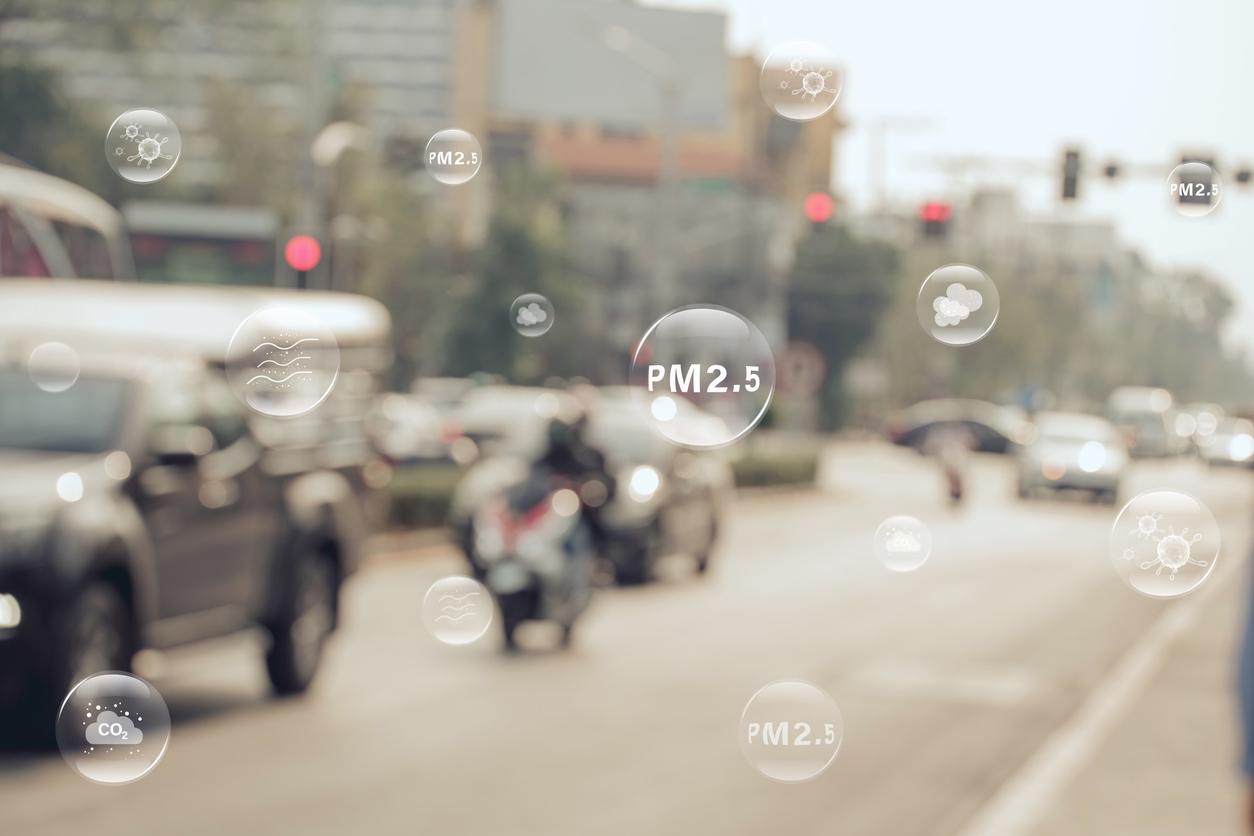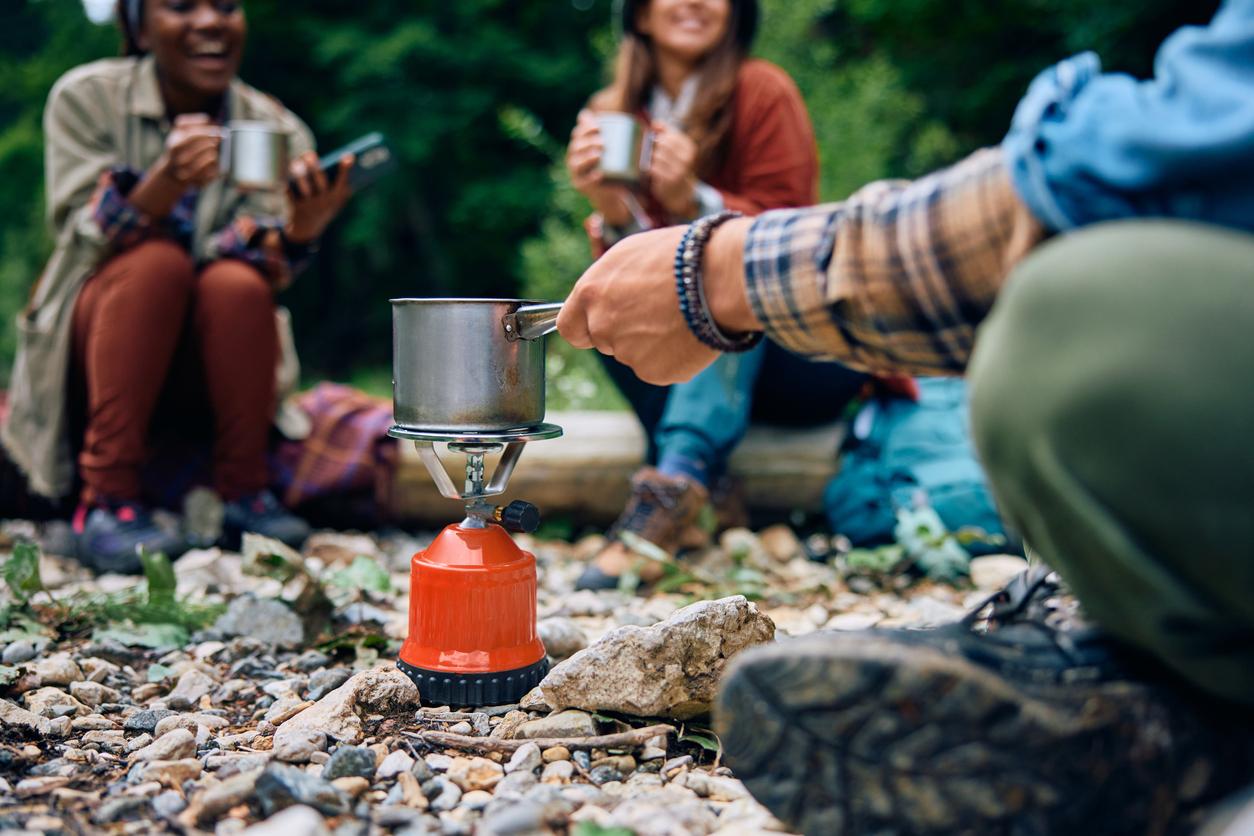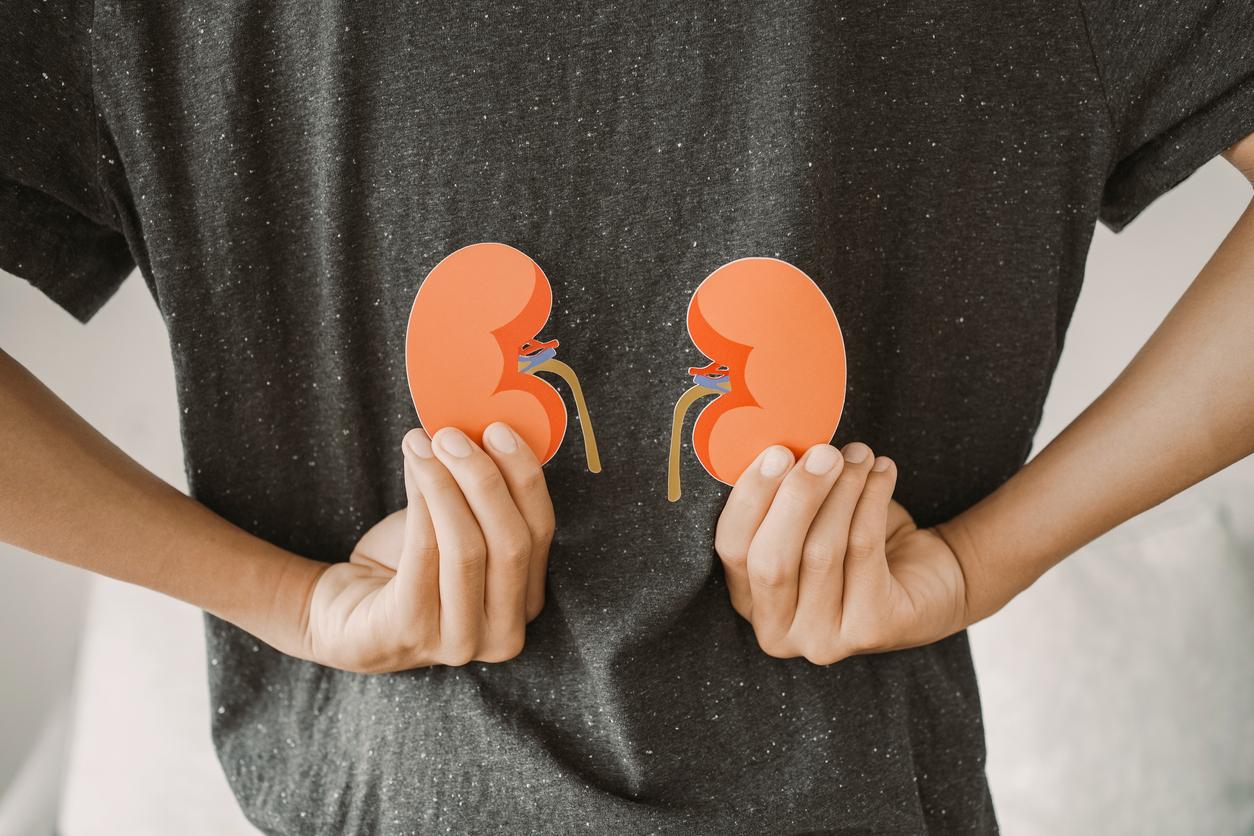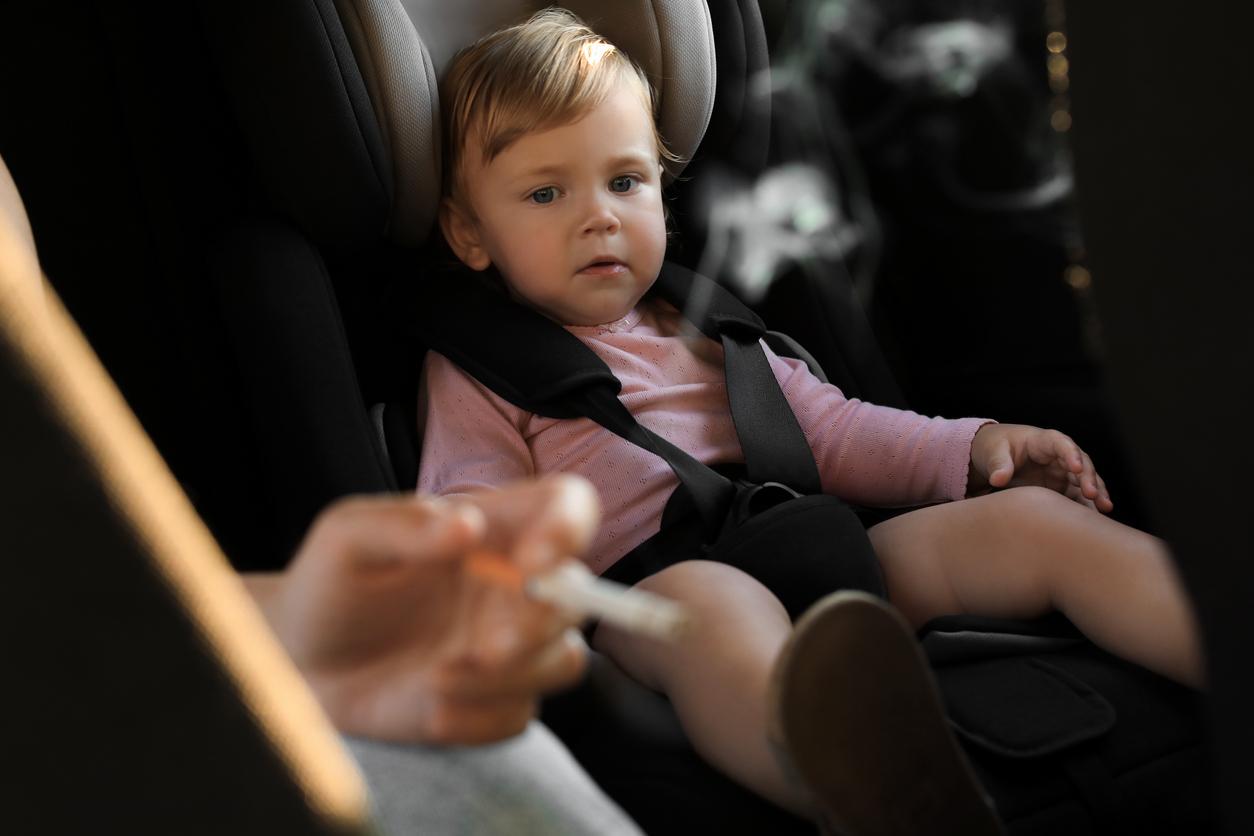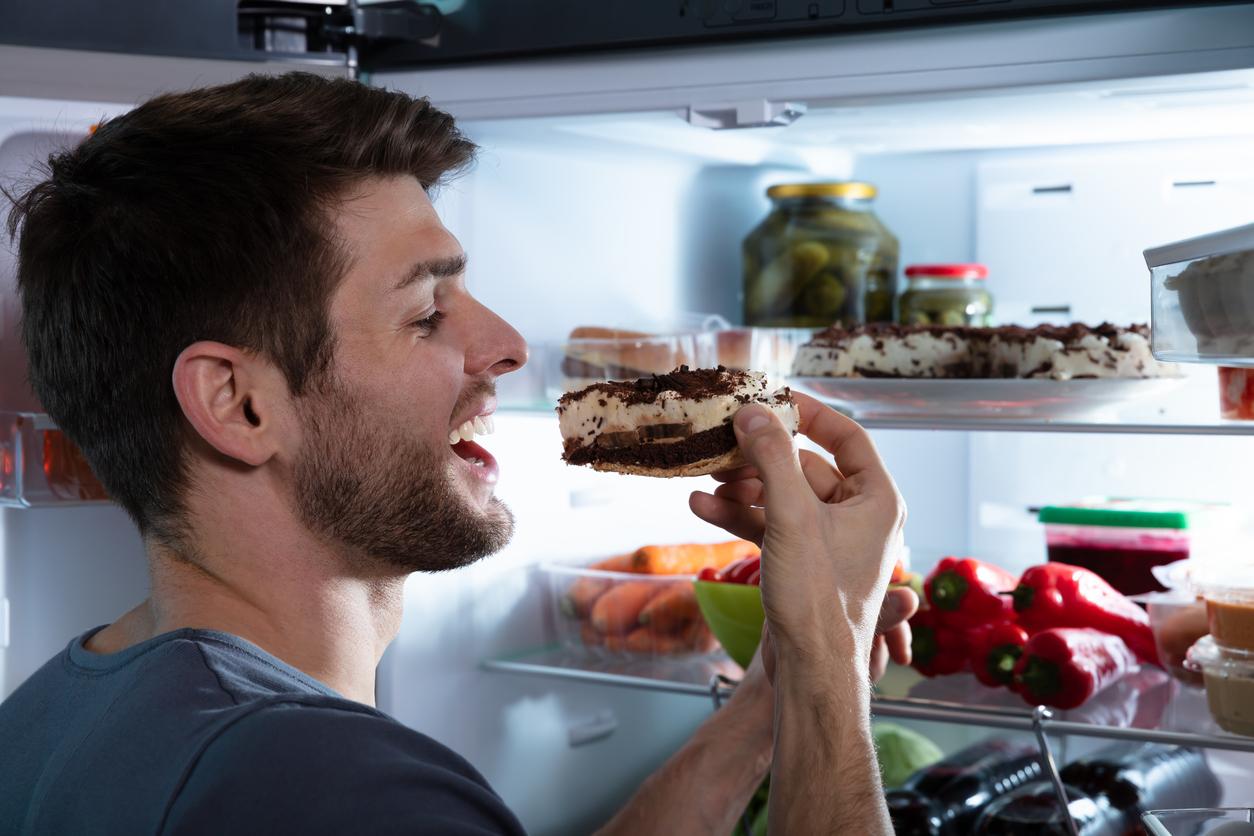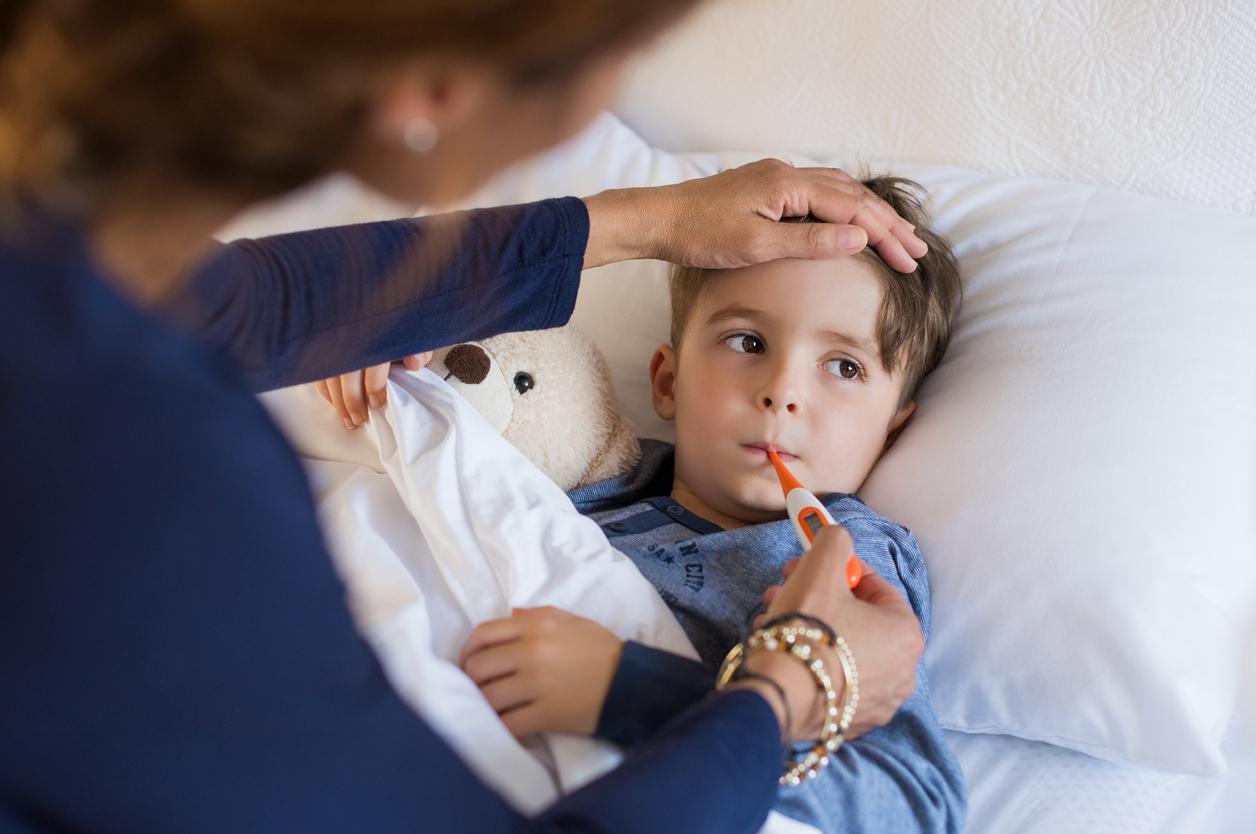Being a “helicopter” parent means constantly wanting to fly to the rescue of your child by protecting him from all possible dangers.

The image of the helicopter may make you smile, but it clearly demonstrates the hypervigilance of some parents to avoid any nuisance or discomfort for their child. The other side of the coin can be the lack of autonomy of the child who is not able to do things by himself.
Overprotection rather than protection
A helicopter parent constantly monitors the well-being of their child and avoids at all costs that they injure themselves or experience difficult emotions. It is often the desire for performance that drives them, in order to calm their own anxiety and prevent their children from making mistakes.
If he acts with good intentions, the helicopter parent also sends the message to his child that the world is not safe for him. The latter then thinks that he cannot face it alone and that he is not able to do things by himself. This vision of oneself and one’s environment can cause problems, including in adulthood.
So how do you protect without overprotecting?
Allowing your child to live varied experiences and explore the world alone, through successes, but also failures, allows him to develop his self-confidence, his autonomy, and helps him find solutions on his own. same. Finally he manages his emotions better and feels sufficiently safe.
To help him on a daily basis, help him fix his mistakes (after breaking an object or having an argument with a friend), put his emotions into words, and make him take risks calculated according to his age ( thrill ride, bake a cake, etc.). Also remember that the perfect parent does not exist, and work on your abilities and that of your child to better encourage him to have confidence in him.
Find out more: “What if we let our children breathe?” by Maxime Berger and Bruno Humbeeck, La Renaissance du livre editions.
.



